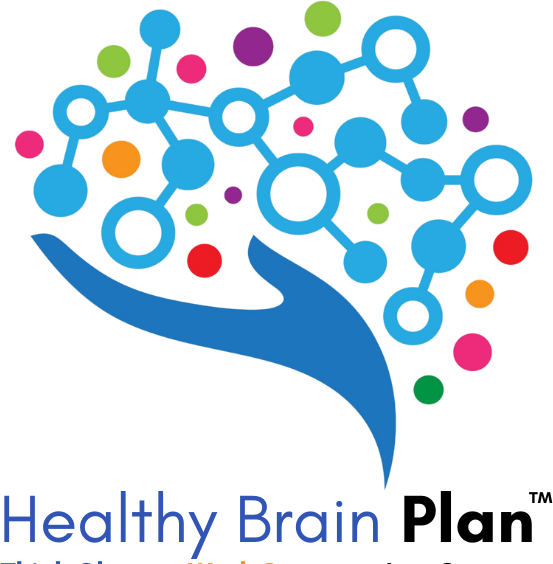Childhood loneliness may lead to faster brain aging and higher dementia risk during adulthood, especially relevant in today’s screen-filled, socially isolated youth culture. 😔📱
Published In: JAMA Network Open
Date: September 2025
Authors: Wang, et al.
Link to Study: Read the full article
Summary
This large-scale study followed over 13,000 adults and found that those who experienced loneliness during childhood had faster cognitive decline and a 41% higher risk of developing dementia later in life. These effects persisted even if individuals were not lonely as adults, suggesting early loneliness leaves a lasting imprint on brain health.
Key Takeaways
✅ Childhood loneliness was linked to faster memory and thinking decline in adulthood
✅ Risk of developing dementia was significantly higher for those who felt lonely as children
✅ Loneliness without social friendships in childhood was especially harmful
✅ Even kids who felt lonely but later had strong adult connections still faced elevated brain health risks
Why It Matters for You
In today’s digital world, many children face social disconnection despite constant screen time. This research shows that loneliness during youth, like what can happen with excessive social media use or lack of in-person friendships, can harm the brain decades later. Helping children build real-life social bonds may protect their minds for life.
Citation
Wang, J., Jiao, D., Zhao, X., et al. (2025). Childhood Loneliness and Cognitive Decline and Dementia Risk in Middle-Aged and Older Adults. JAMA Network Open, 8(9), e2531493. https://doi.org/10.1001/jamanetworkopen.2025.31493
